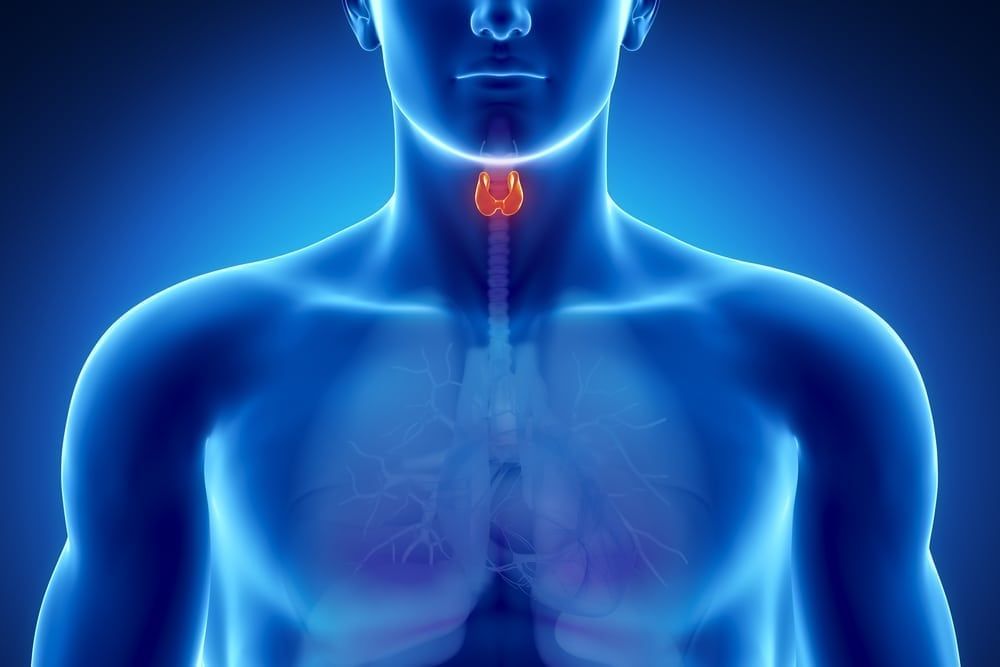The thyroid is like the body’s built-in thermostat, producing hormones that regulate its various systems and functions. The hormones released from the thyroid must be in careful balance to prevent symptoms that can affect the quality of life. But sometimes this butterfly-shaped gland falls out of balance, either producing too much or too little thyroid hormone. This condition is known either as hypothyroidism (too little hormone is produced) or hyperthyroidism (too much thyroid hormone is produced. By visiting a thyroid doctor, patients suffering from hypothyroidism or hyperthyroidism can receive a definitive diagnosis and adopt a plan for managing excess thyroid hormones or deficiencies.
Did you know…that the symptoms of thyroid disease are often opposite each other, depending on whether a patient is suffering from an underactive or overactive thyroid? Hyperthyroidism, for example, often causes significant weight loss, shakiness, overactive digestion (diarrhea), sleeplessness, and elevated heart rate. On the other hand, hypothyroidism can cause sudden weight gain, lack of energy, underactive digestion (constipation), and fatigue. But when patients are diagnosed with either condition, they can often easily manage their symptoms and condition with prescription medications. |
Frequently Asked Questions
I have some of the symptoms of an overactive or underactive thyroid. Should I see a doctor?
Yes. Leaving a thyroid disorder untreated can allow the disease to progress, resulting in more severe side effects. Some patients may even experience more serious complications, such as infertility or chronic depression.
What should I expect during my thyroid visit?
Your doctor will probably ask you about the types of symptoms you have been experiencing and may examine you for visual signs of thyroid disorder, such as dry skin. You may have lab work done to check the hormone levels of your thyroid before a diagnosis is made.
Will I need to follow any special instructions or behavioral modifications if I am diagnosed with a thyroid disorder?
You may be prescribed medications to help slow your overactive thyroid or supplement hormone deficiencies in your underactive thyroid. Your doctor will discuss your treatment plan at your visit and provide you an opportunity to ask questions about managing your disorder.

